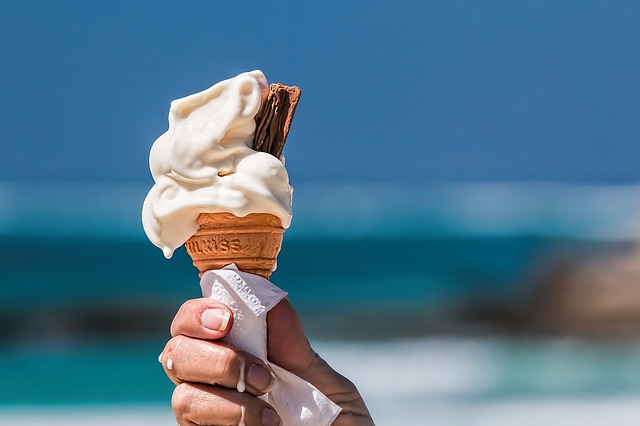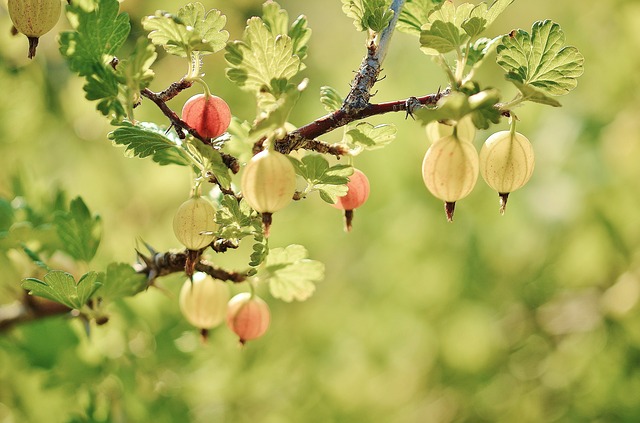This summer’s heatwave has us all wondering how to stay cool, but animals are facing the same issues as humans with fewer means of coping. Professor Tom Oliver is Professor of Applied Ecology at the University of Reading UK, and his research focuses on understanding the causes of changes to biodiversity to support environmental decision-making. Here he looks at the potentially worrying impact the drought conditions could have on wildlife in the UK.

Marbled white butterfly with butterfly recorder in background. Long-term monitoring schemes give us invaluable information on how species have responded to past drought events.
With widespread reports of intense heatwaves and drought across the Northern hemisphere this summer, combined with our own personal observations of how everything is starting to look very parched, it is natural to wonder how drought is affecting our wildlife.
When the temperature heats up, we humans can take measures to reduce our exposure, such as heading down the shops to buy a fan, or even installing air conditioning. Yet, our wildlife has much less opportunity for such ‘learned’ adaptation to climate change.
That said, there are innate behaviours that can help wildlife to cope; for example many insects regulate their body temperatures by moving to cooler, moister habitats (e.g deep woodland or shady streams and ponds) when things get too hot. The food sources of these insects are also more likely to persist in such areas. So the existence of such ‘refuge’ habitats can be crucial in allowing species to persist under intense heat and drought events.



